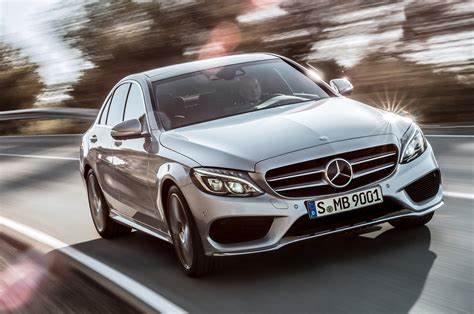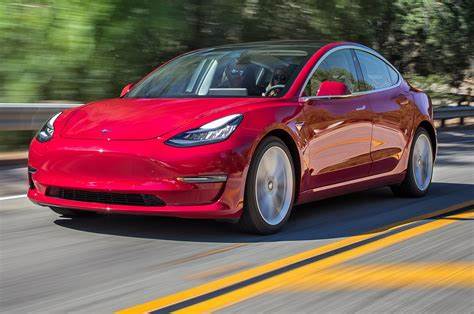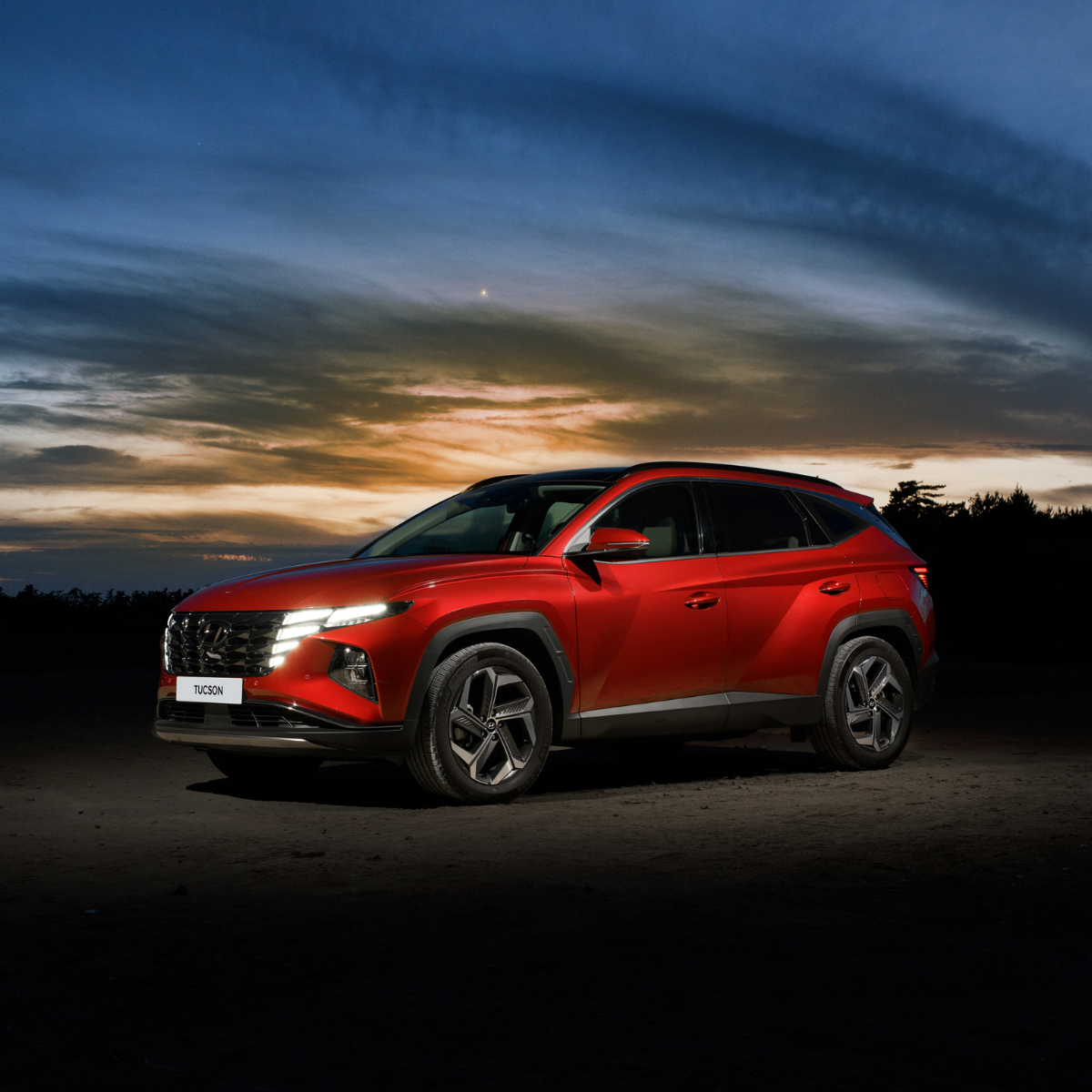When it comes to purchasing a family vehicle, many Americans face a common question: Sedan or SUV? Both vehicle types have their own advantages, but to make the best choice, you need to consider factors such as budget, comfort, lifestyle, and specific family needs. Sedans stand out with their luxurious design, fuel efficiency, and smooth handling, while SUVs are favored for their spaciousness, off-road capability, and elevated driving position. This article will break down the important factors between sedans and SUVs, helping you choose the best vehicle for your family.
Space and Comfort: Sedan vs. SUV
When it comes to family vehicles, comfort and space are often top priorities. American families frequently travel together, and the choice between a sedan and an SUV can significantly impact the driving experience.

Sedans generally offer a comfortable and smooth driving experience, especially in urban settings. With their lower design, sedans are easier to maneuver and park in crowded areas, which is crucial in large cities like New York, Los Angeles, or Chicago. While the interior space is not as vast as an SUV, most sedans still offer ample room for small to medium-sized families. If your family doesn’t require excessive cargo space, a sedan could be the ideal choice, offering a balance between comfort and practicality.
SUVs, on the other hand, are renowned for their spaciousness and versatility. With a taller design, SUVs provide more cabin space, making them ideal for larger families or those with pets. Most SUVs offer three-row seating options, providing plenty of room for families with more members. If your family frequently goes on long trips or requires a vehicle with a larger trunk, an SUV might be a more suitable choice.
Driving Experience and Handling
Driving experience is another important factor that influences the decision to choose a sedan or an SUV.
Sedans are often known for their superior handling and agility. With a lower profile, sedans provide better stability in corners and handling at higher speeds. Especially in urban areas, sedans offer a more nimble and quick feel, making it easier to navigate and park in tight spaces. This makes sedans a preferred choice for families living in cities where traffic can be dense, and parking spaces are limited.
SUVs, while not as nimble and agile as sedans, provide a different kind of driving experience. The elevated driving position allows drivers to have a clearer view of the road ahead, which is perfect for long-distance driving or highway cruising. Modern SUVs often come equipped with four-wheel drive (4WD) or all-wheel drive (AWD) systems, which provide better handling on rough terrains, such as rural roads or mountainous areas. If your family enjoys outdoor adventures or needs a vehicle that can handle difficult terrains, an SUV would be the right fit.
Fuel Economy and Costs
When considering operating costs, sedans generally offer better fuel efficiency than SUVs. Sedans tend to have smaller engines and lighter body designs, which contribute to better fuel savings. This is especially important for families in the U.S., where fuel costs can be a significant factor. If your family mainly uses the car for city driving or short trips, a sedan could help reduce ongoing fuel costs, making it a more economical option in the long run.
SUVs, while offering more space and power, tend to consume more fuel due to their larger engines and heavier bodies. This can result in higher operating costs, especially for families who drive frequently. However, you should weigh the fuel consumption with the added space and versatility benefits. If your family often takes long road trips or enjoys outdoor activities, the higher fuel consumption of an SUV may be worth the trade-off for the additional conveniences it offers.
Safety Features and Performance
Safety is a crucial consideration when choosing a family vehicle, and both sedans and SUVs are equipped with a range of features to protect the driver and passengers in case of a collision.

Sedans generally come with excellent safety features, with many models scoring high in crash tests. Modern sedans are often equipped with advanced active safety features such as lane-keeping assist, adaptive cruise control, and automatic emergency braking, all of which help reduce the risk of accidents. Due to their lower design, sedans also have a lower risk of rollovers compared to taller vehicles like SUVs.
SUVs, while also offering many similar safety features, may be at a slightly higher risk of rolling over in extreme driving conditions due to their height and size. However, modern SUVs are equipped with electronic stability systems and advanced safety features to help mitigate this risk. Additionally, because of their larger size and weight, SUVs often provide better protection in collisions with smaller vehicles.
Pricing and Value
When it comes to pricing, sedans tend to be more affordable than SUVs. Sedans have a lower base price, making them a more budget-friendly option for families. Additionally, the maintenance and insurance costs for sedans are generally lower than for SUVs, making them a more economical choice in the long run.
SUVs, while offering more space and advanced features, come with a higher price tag. The initial purchase price, as well as maintenance and insurance, are typically more expensive for SUVs. However, if you’re willing to spend more for the added space and versatility, an SUV might be the right investment, especially for families with higher demands for practicality and capability.
Conclusion: Which is the Best Choice for American Families?
Choosing between a sedan and an SUV ultimately depends on your family’s needs and lifestyle. If your family mainly uses the car for urban commuting, requires a fuel-efficient vehicle, and needs something easy to drive and park, a sedan might be the best choice. Sedans offer comfort, cost-efficiency, and easy handling in urban environments.

On the other hand, if your family enjoys long-distance trips, needs extra space, or requires a vehicle with more versatility for various terrains, an SUV might be the better option. The larger cabin, higher driving position, and off-road capabilities make SUVs ideal for families with more members or those who frequently travel.
Ultimately, both vehicle types offer unique advantages, and the right choice will depend on factors such as budget, driving habits, and specific family needs. Be sure to consider aspects like comfort, operating costs, and safety features when making your decision to ensure that you choose the best vehicle for your family.

Leave a Reply